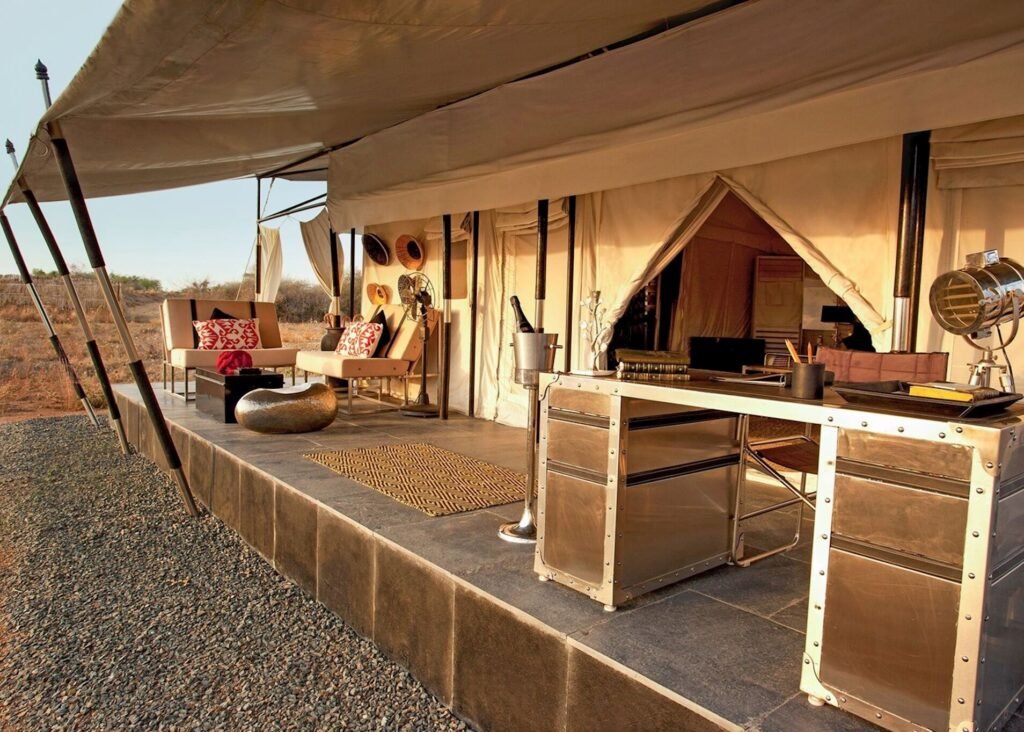History of Jawai
Jawai’s story begins not with fences and fortresses, but with coexistence. Nestled between the Aravalli hills in Rajasthan, Jawai takes its name from the dam built by Maharaja Umaid Singh of Jodhpur in the 1950s. Intended to irrigate and provide water to the Pali district, the Jawai Bandh inadvertently created a rich ecosystem—wetlands, granite outcrops, and scrubland—that soon became a natural haven for wildlife. Over time, the region emerged as an unlikely sanctuary, where leopards began to thrive freely among rural communities, particularly the Rabari herders.
Unlike most reserves in India, Jawai is not a designated national park or sanctuary. It remains unfenced and unforced, a wild landscape where humans and predators live in remarkable harmony. The leopards of Jawai are not territorial in the traditional sense; they traverse shared spaces—temple hills, village peripheries, and pastoral trails—with astonishing grace. The Rabaris, dressed in their iconic red turbans, revere the leopards as protectors, not threats. This centuries-old cultural relationship has preserved a fragile yet resilient balance between man and animal that few places in the world can replicate.
How Jawai Safari Started
Jawai Safari is the most preferred tourist attraction
Jawai Safari started with the unique coexistence of humans and leopards in the Jawai region of Rajasthan, India. The area, known for its granite hills and Jawai Dam, became a haven for leopards due to the harmonious relationship with the local Rabari tribe, who view the big cats as protectors. This, combined with the area’s suitability for leopard habitats, led to the development of leopard safaris as a tourist attraction

Impact of Jawai Safari Tourism
Jawai’s safari tourism significantly benefits the local communities by providing them with economic opportunities and promoting the preservation of their culture and environment. The tourism industry creates jobs in hospitality, guiding, transportation, and handicrafts, boosting local incomes. Furthermore, the focus on sustainable tourism practices helps protect the region’s unique ecosystem and cultural heritage.
Craft and Cultural Preservation
Support for Local Businesses
Increased Income
Artisan Revival
Youth Employment
Protection of Natural Habitats
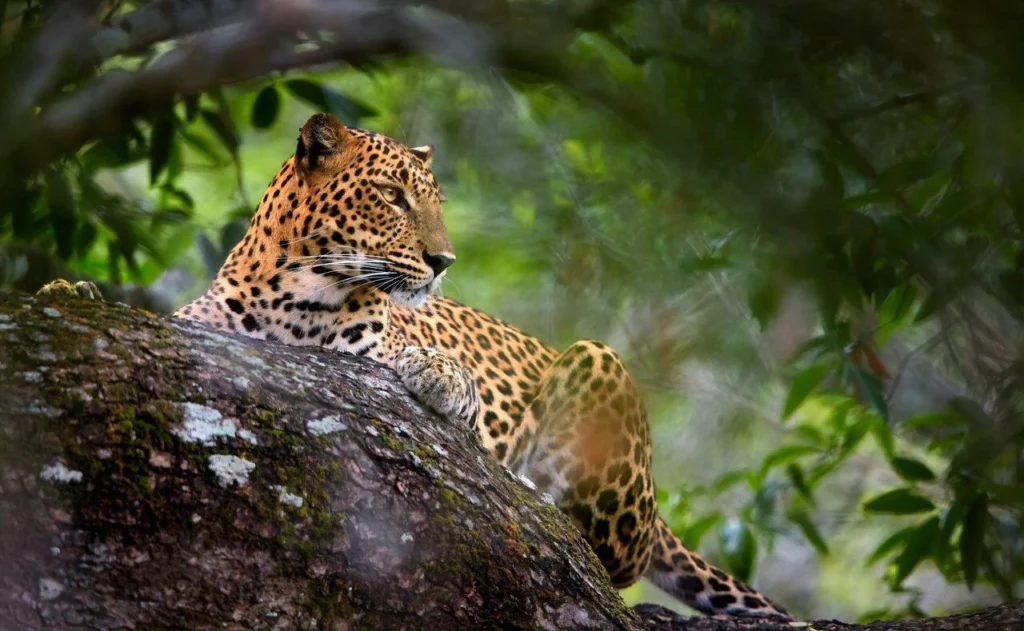
Experiences in Jawai
Leopard Safari
Night Life
Horse Riding
Spa and Wellness
Community Visits
Jawai Safari Tour
Explore Jawai's wild landscapes with expert-led leopard safaris and authentic cultural encounters. Stay in eco-luxury camps for a unique blend of adventure and tradition.
Leopard Safari
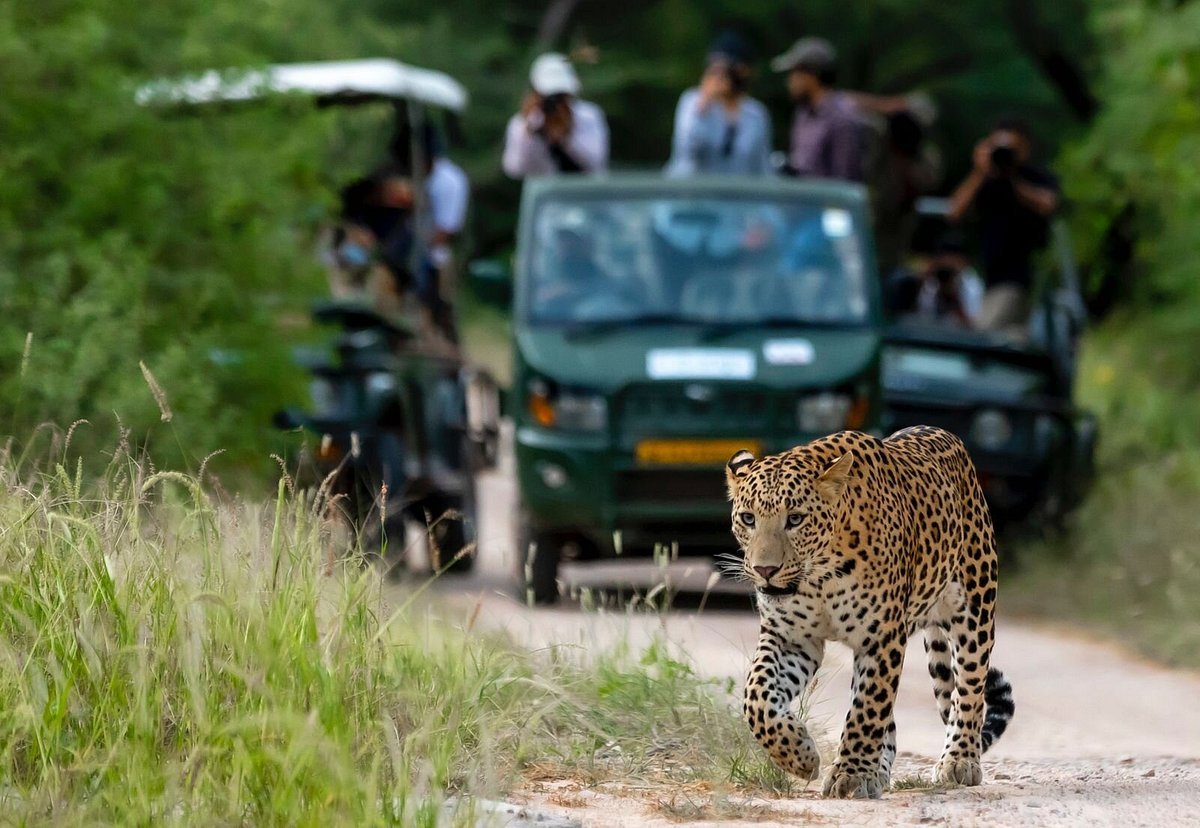
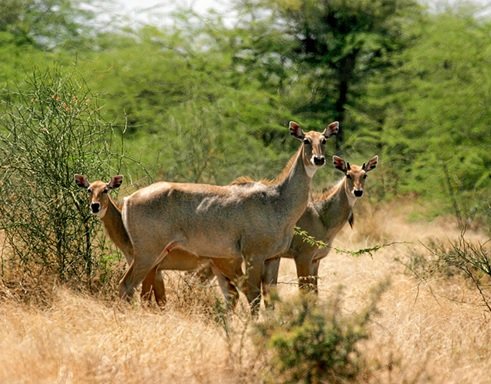
Jungle Safari

Tribe Visits
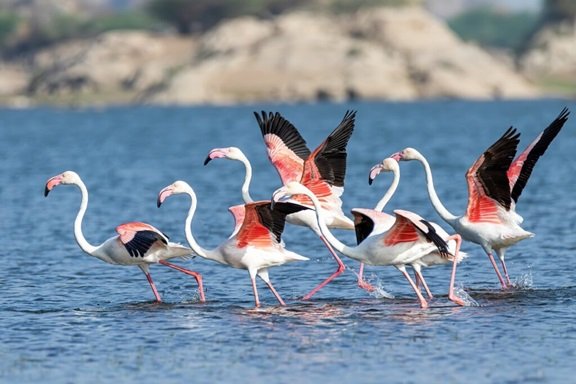
Bird Watching
Stay Amidst Leopards & Legends
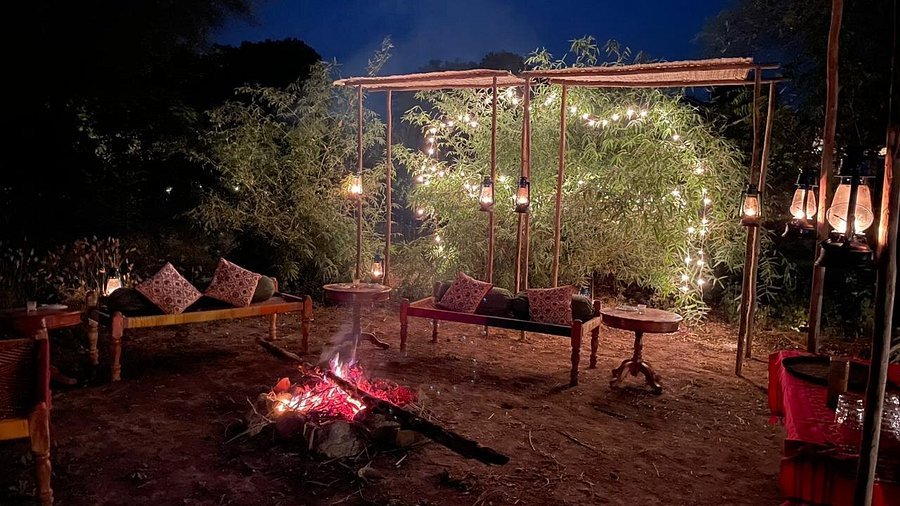
Option 1
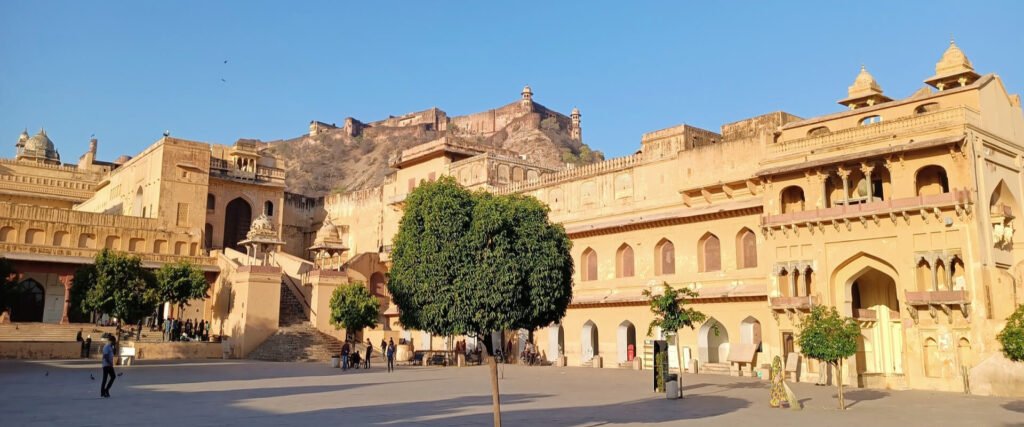
Option 2
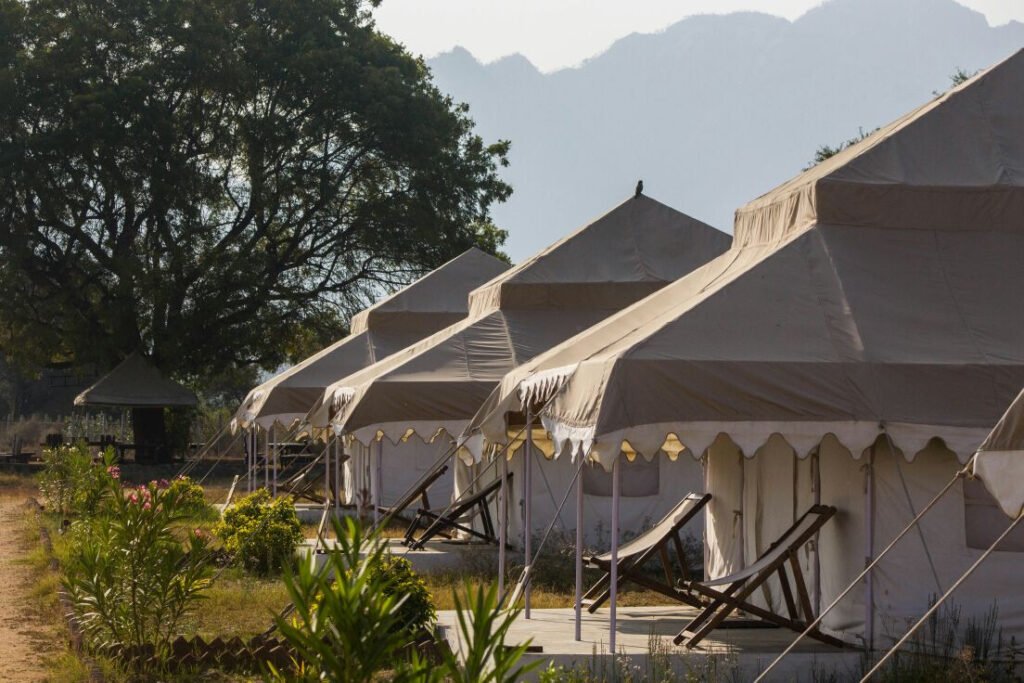
Option 3
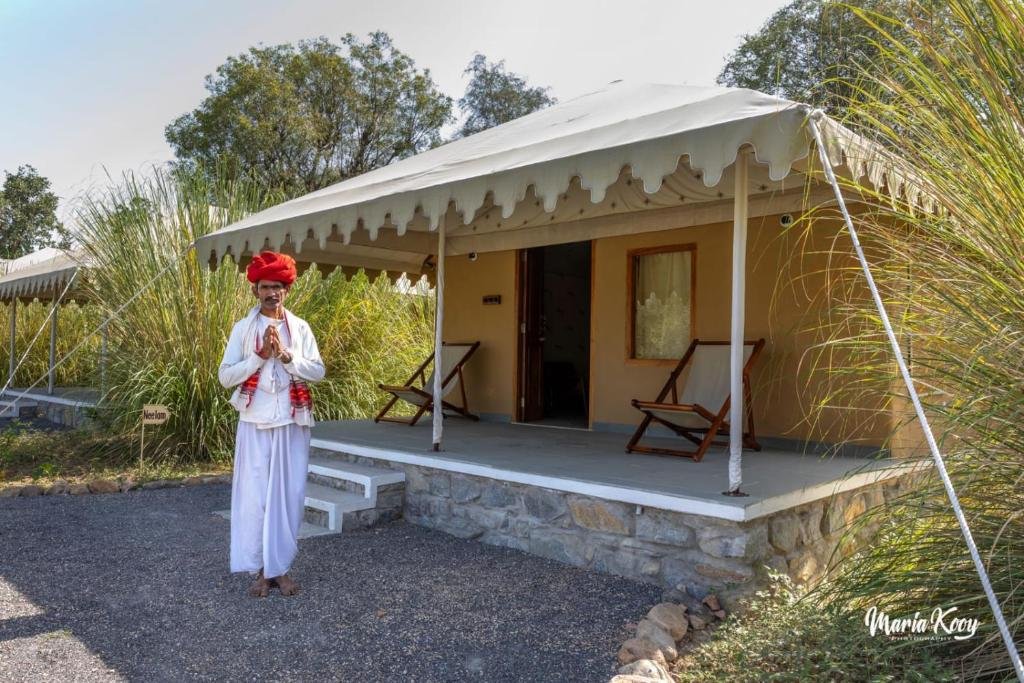
Option 4
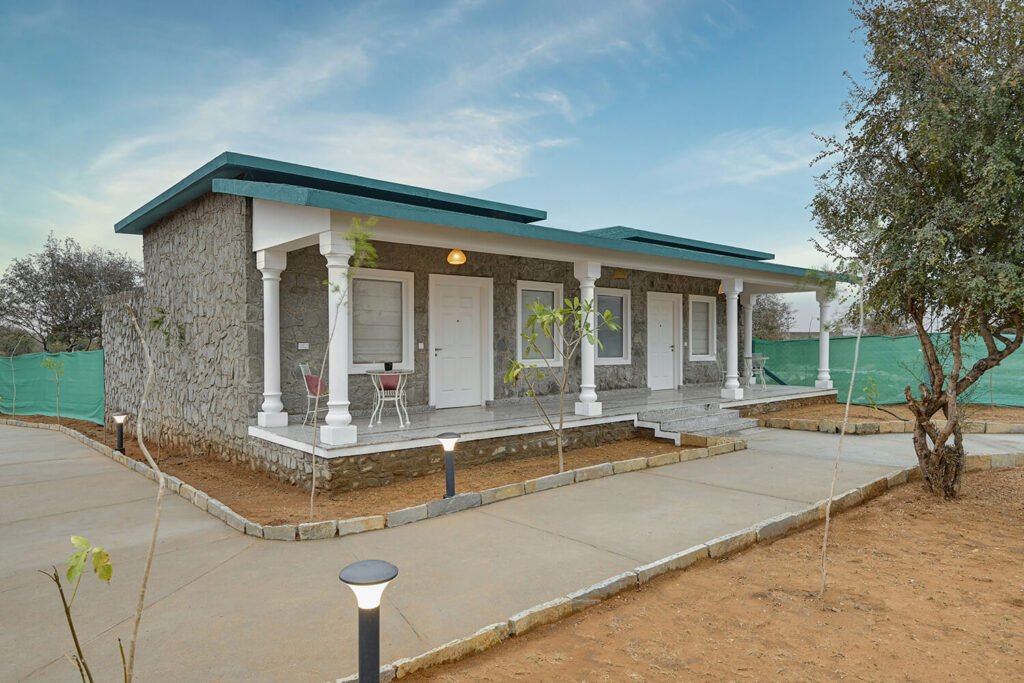
Option 5
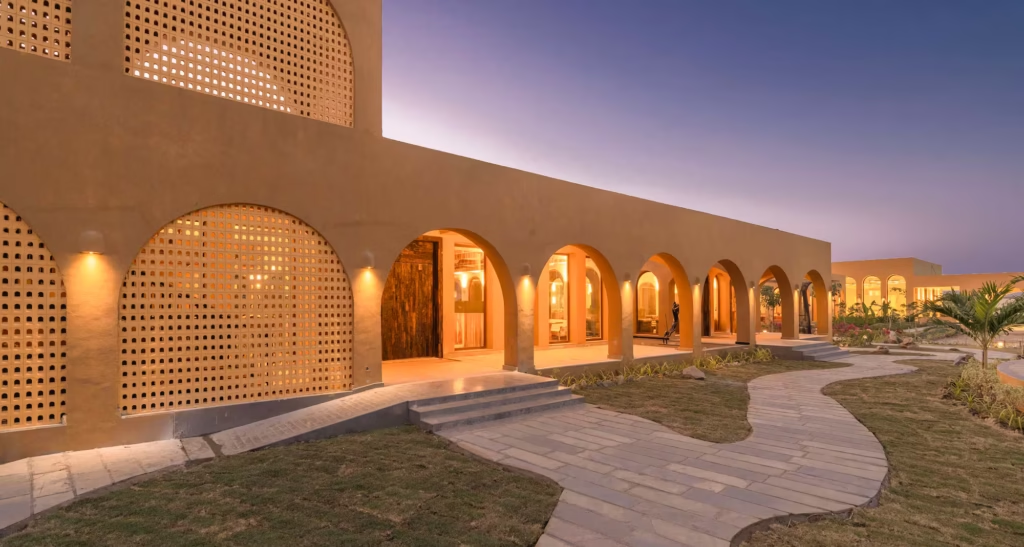
Option 6
Restaurant
Parking
Security
Air condition
Contact Us
We would love to speak with you.
Feel free to reach out using the below details.

